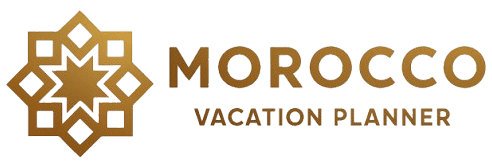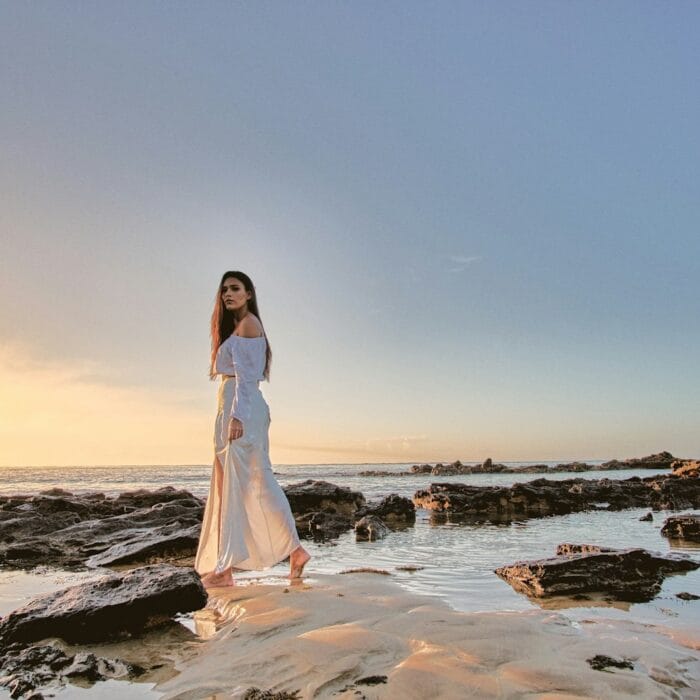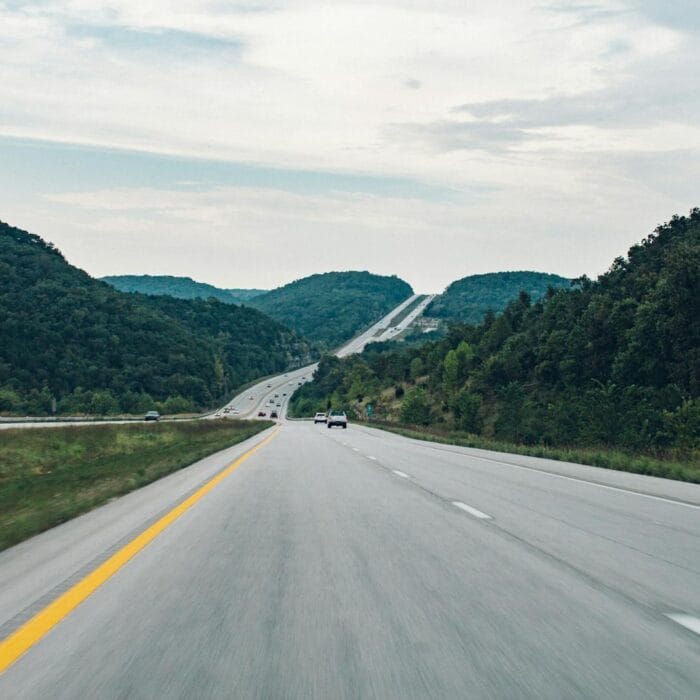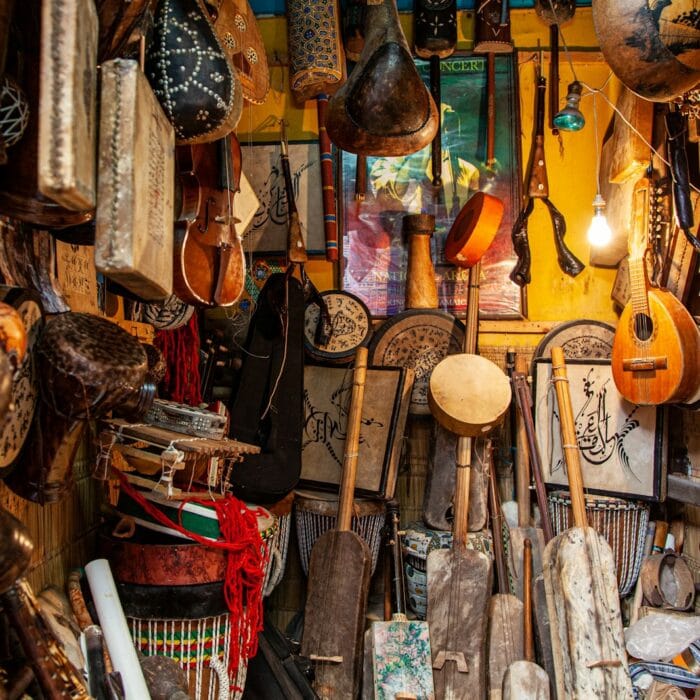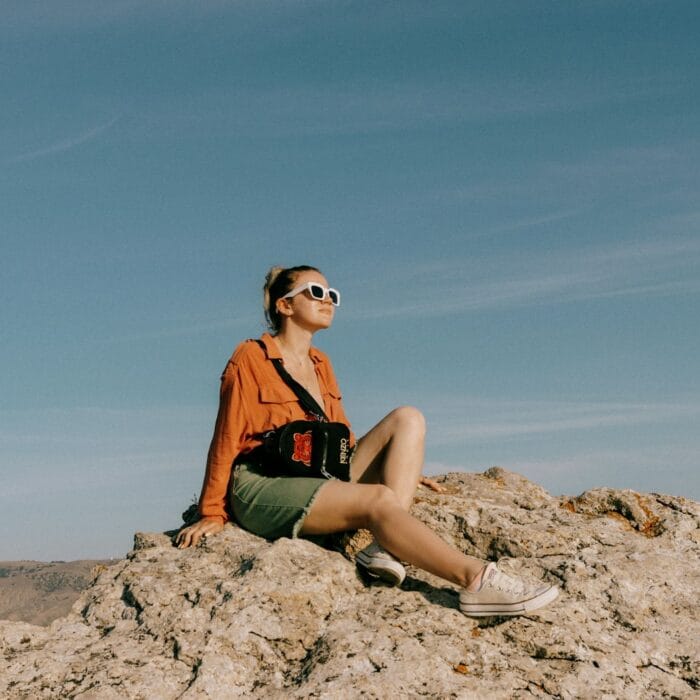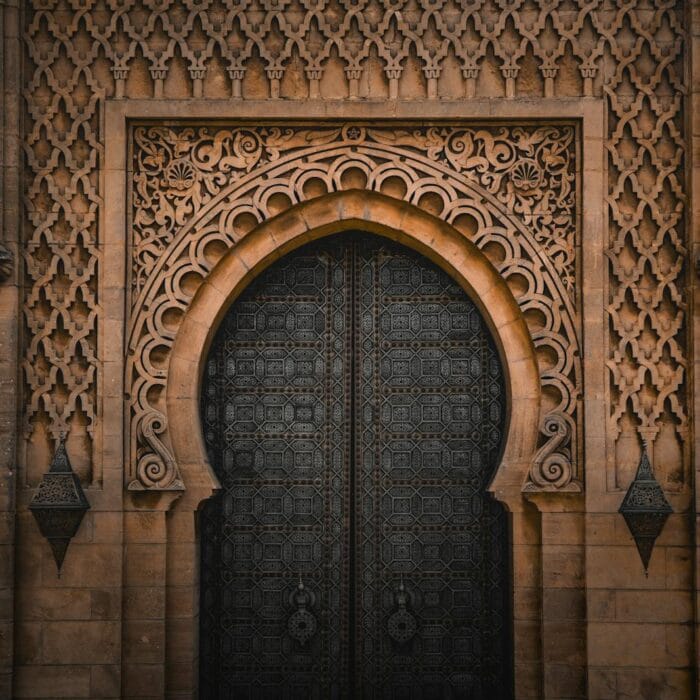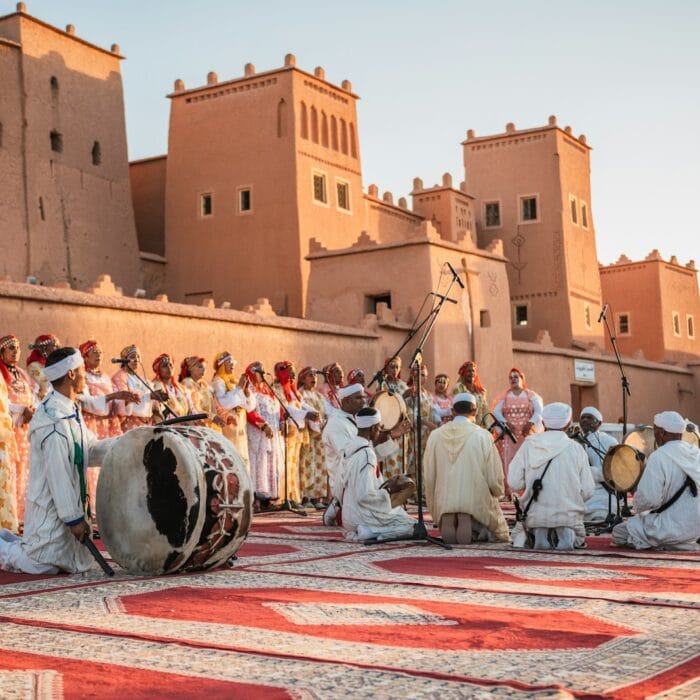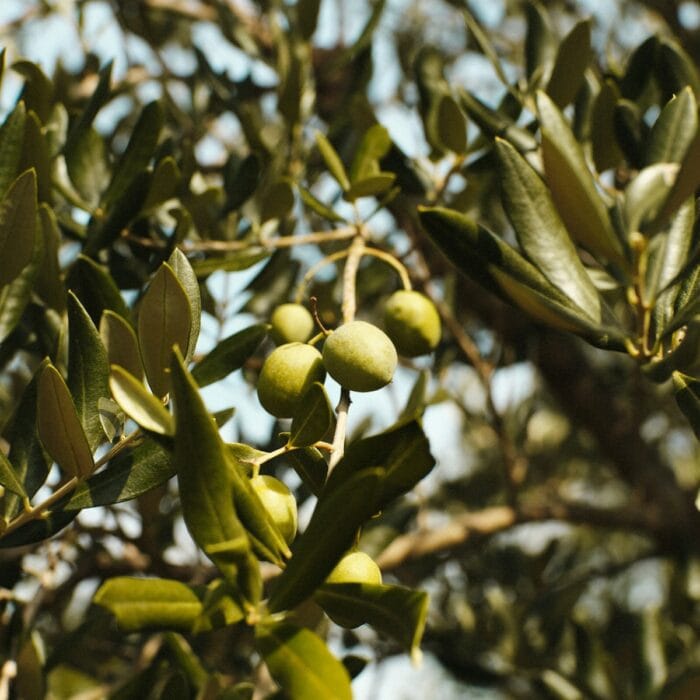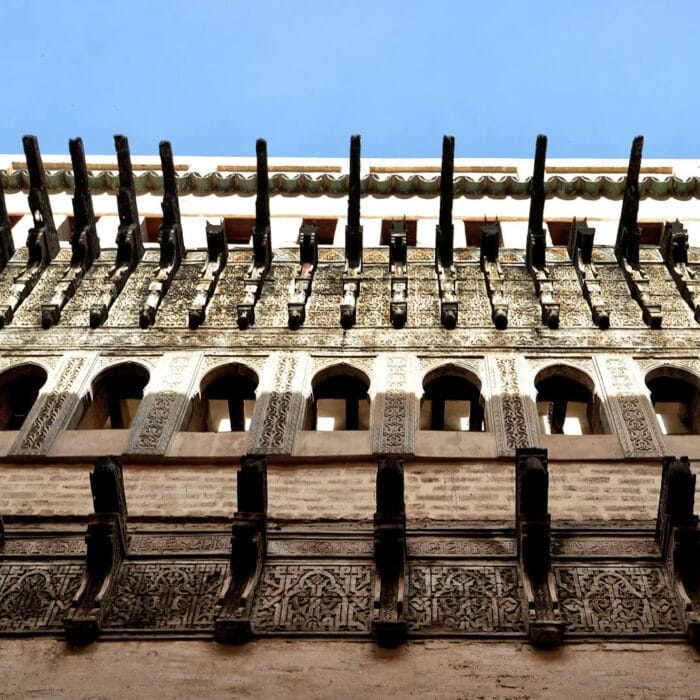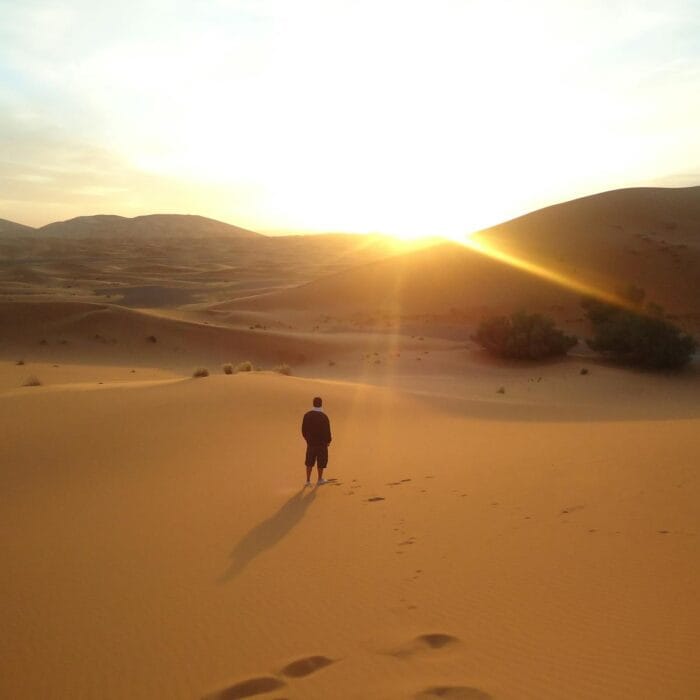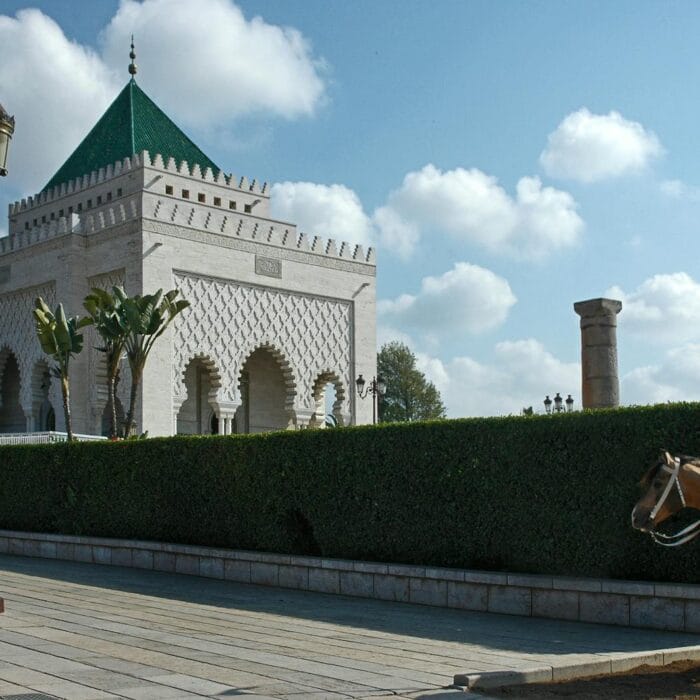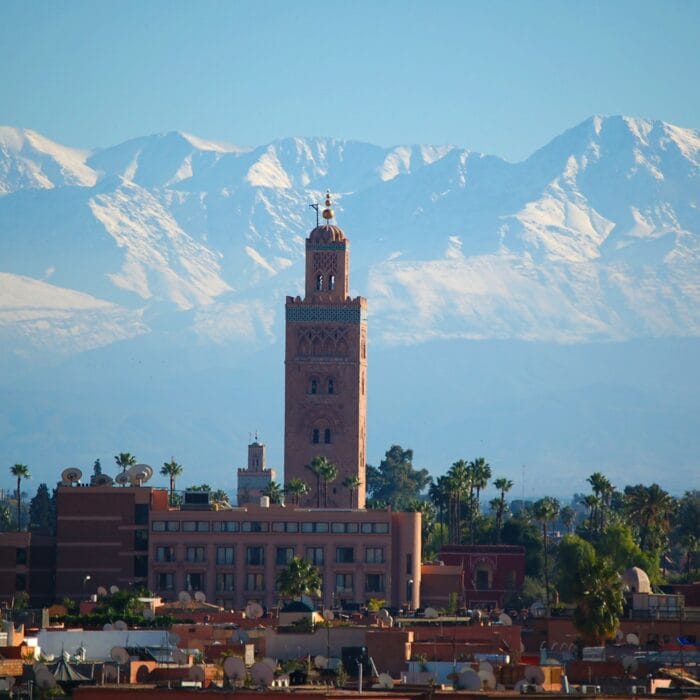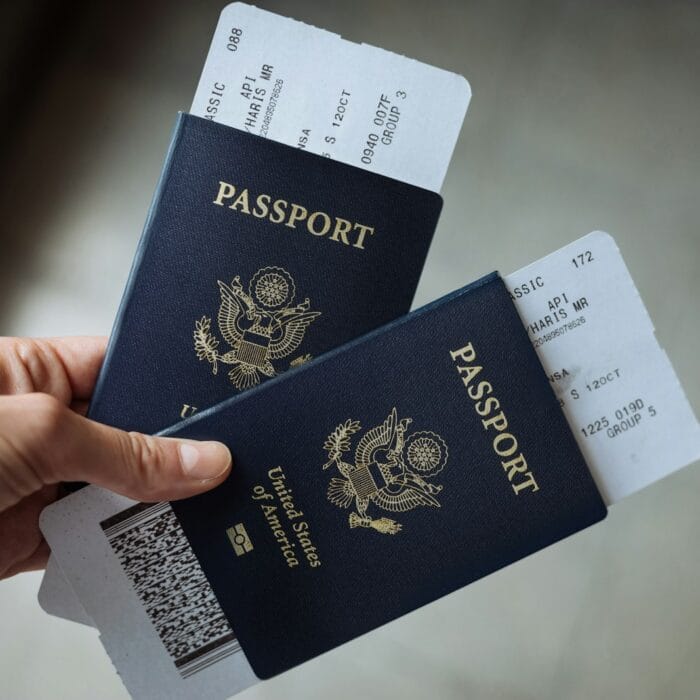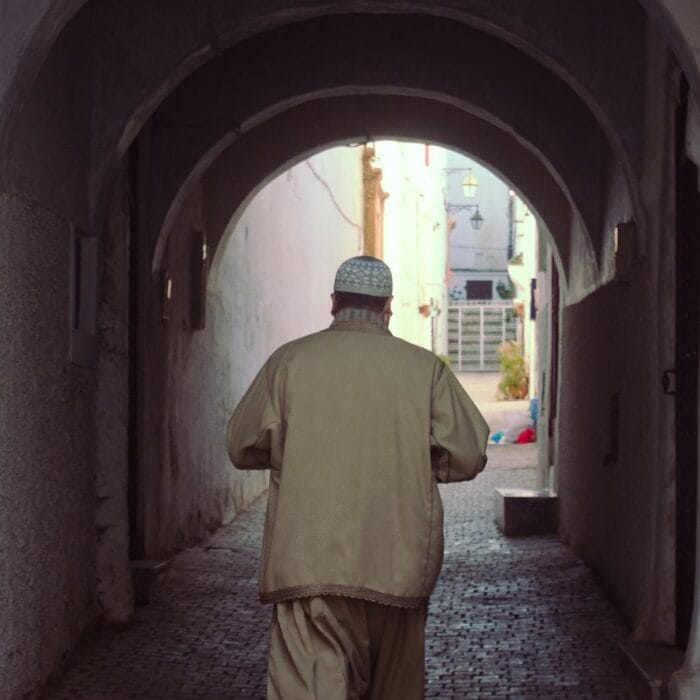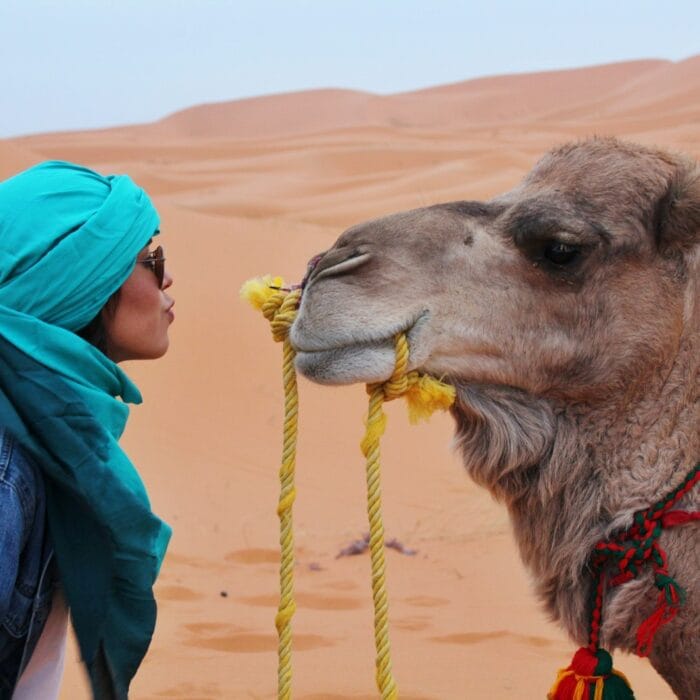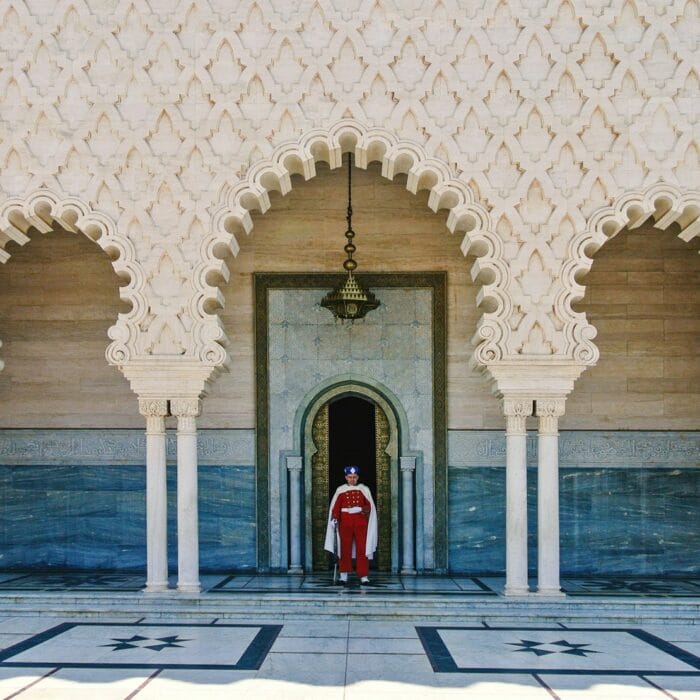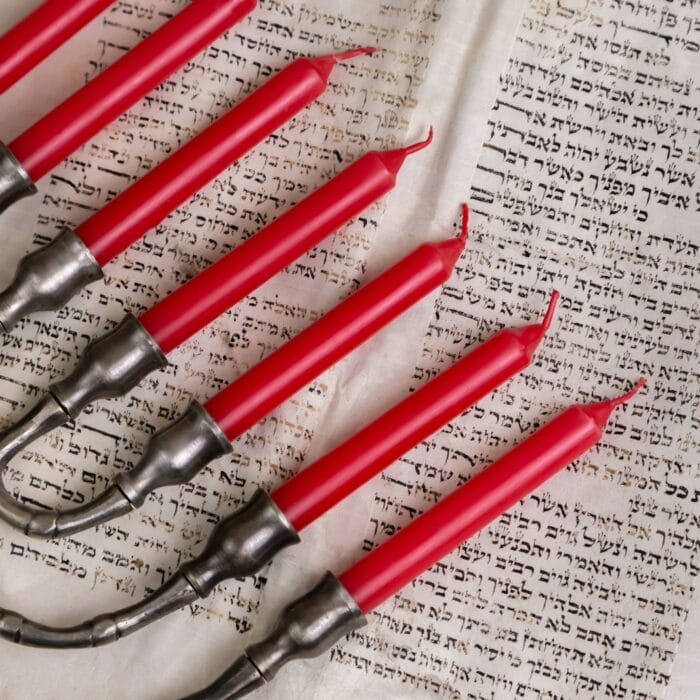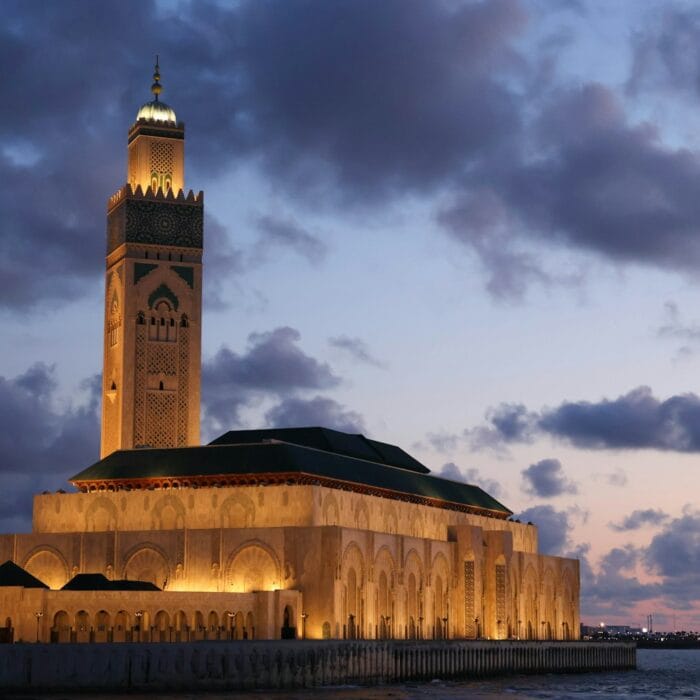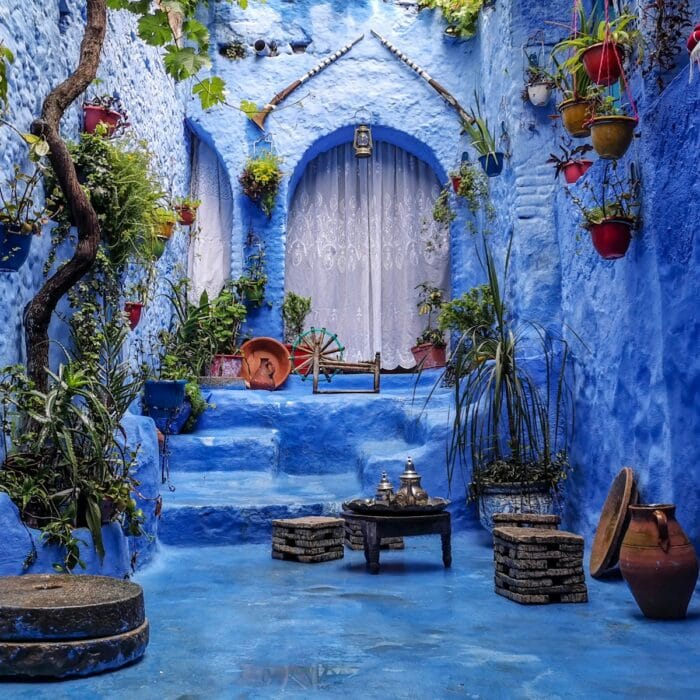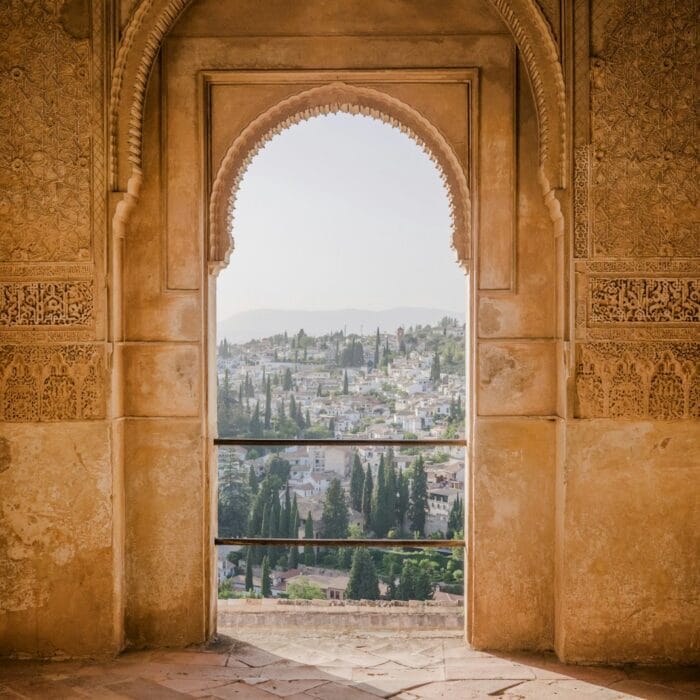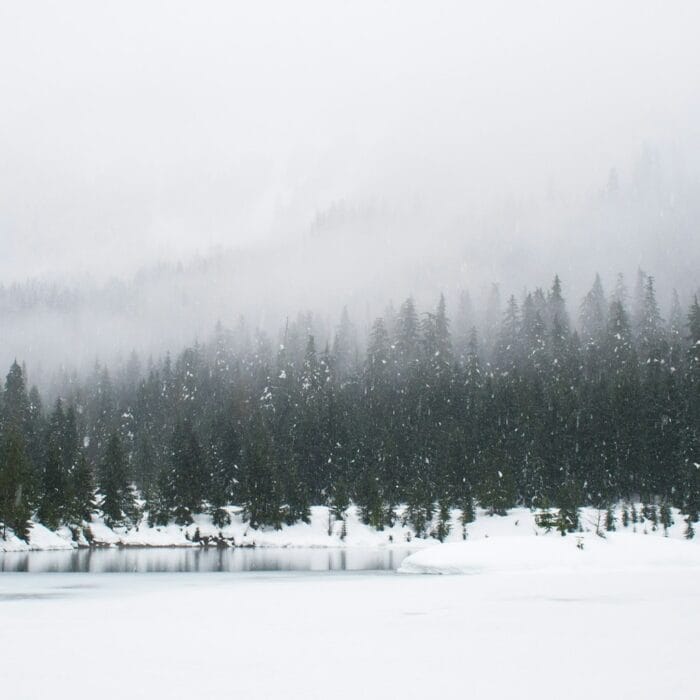Discover Morocco: Practical Advice & Inspiration for Every Traveler.
Morocco Travel Guide – Explore the Best of Morocco in 2026/2027
best Morocco Travel Guide 2026/2027
Your Ultimate Morocco Travel Guide
Experience Morocco in a way you never have before with our comprehensive Morocco vacation planner travel guide. Whether you are organizing a lively city exploration, a peaceful desert retreat, or a seaside escape, this guide encompasses all you require for an extraordinary adventure. Discover Tangier’s rich heritage, bustling markets, and coastal allure with our Tangier Morocco travel guide, which emphasizes premier experiences, local delicacies, and vital travel advice. Delve into the essence of Morocco with our Marrakech Morocco travel guide, where you can uncover famous landmarks, souks, gardens, and family-oriented activities that will make your visit exceptionally memorable.
Unwind on sun-kissed beaches and immerse yourself in the lively coastal culture with our Agadir Morocco travel guide, perfect for both families and solo adventurers. Organize your ideal journey with insights from our Morocco vacation travel guide, which includes recommendations on lodging, transportation, and experiences designed for all kinds of travelers. For reliable guidance, refer to our top Morocco travel guide suggestions and curated lists of the best Morocco travel guide books for comprehensive understanding. Stay informed with the most recent updates using our Morocco travel guide 2026, which addresses everything from safety precautions to seasonal highlights.
Ultimately, our assortment of Morocco travel guide book selections guarantees you have a dependable companion while navigating Morocco’s cities, mountains, and deserts. With these thorough Morocco travel guides, you will be thoroughly equipped to enjoy the finest experiences that Morocco has to offer, ensuring your trip is truly unforgettable.
Transportation in Morocco: 7 Amazing Ways I Navigate This Country
Moroccan Musical Instruments
is morocco safe for women
Rabat North Africa: A Complete Travel Guide to Morocco’s Capital City
Ouarzazate Morocco Travel Guide: Weather Guide & Top Travel Tips
Moroccan Olive
aker fassi
marokko rejseguide kultur klima
Marrakech meteo
Best Places to visit in Morocco
do americans need a visa for morocco
moroccan people
When is the best time to visit Morocco
Rabat North Africa: A Complete Travel Guide to Morocco’s Capital City
Jewish Heritage Tours Morocco: Discover Your Roots
how far is casablanca from marrakech
Rabat to Chefchaouen: 7 Easy Ways to Go
Morocco Wine
What is the Moroccan language?
Does It Snow In Morocco?
is 6000 dirham good to solo travel in morocco
Marrakech Casablanca
can you drink alcohol in morocco
Cast of the odyssey 2026
Start Your Moroccan Adventure Today
Start your journey now and explore the wonders of Morocco. Have questions? Our Morocco Vacation Planner team is here to help you plan the perfect adventure.
